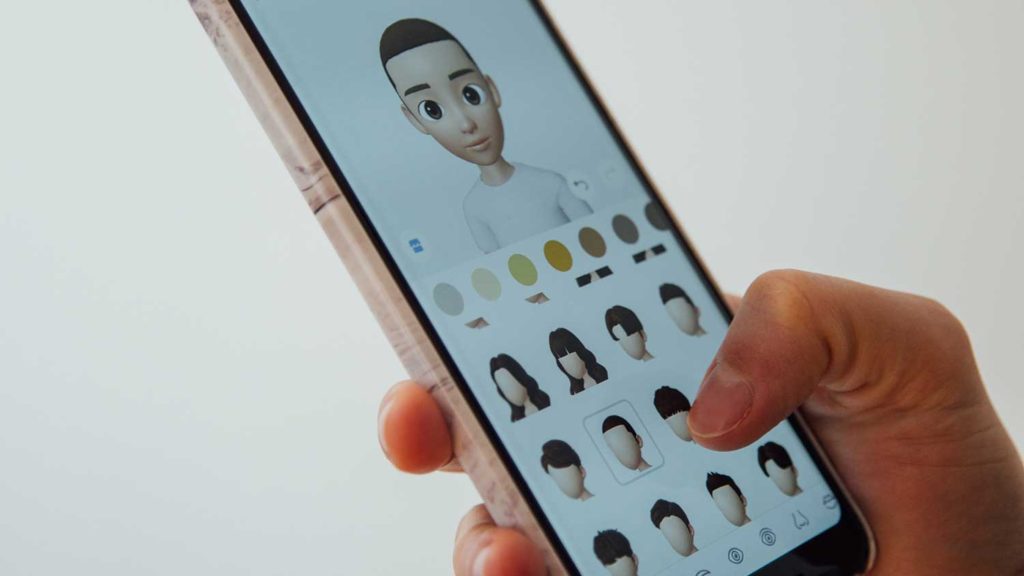Once a topic best left out of polite conversation, the stigma of mental health has come a long way over the past ten years. From daily self-help apps, to adult colouring books and CBD in our food – the mental health and wellness industry is truly booming.
Although us Brits are only just beginning to open up about mental health it has already been to the detriment of our economy costing UK employers a collective £34.9bn a year – or £1,300 for each UK employee. With everybody from Lady Gaga to Prince Harry opening up about mental health issues, celebrities, influencers and brands alike have a huge platform to advocate and inform – and bring mental health conversations to the fore.
So what responsibility do brands have towards our mental health?
And where can a real difference be made?
The Power of Big Data
Brands are accumulating a huge amount of data on how we live our lives, building up complex profiles of our lifestyle habits to their benefit. The things we eat and drink, how we spend our free time, our support networks, the challenges we face and the solutions we seek can all be found in our online habits. These datasets can be used as a force for good, to create links between our lifestyles and the impact our work and home life have on our mental health.

Value Our Time
Social media, apps, websites and even retail experiences have all been meticulously crafted to make us spend as much time as possible consumed in these branded worlds. Leading increasingly stressful and time-poor lives, brands need to start to understand the importance of our downtime. A user spending multiple hours a day scrolling endlessly unengaged in an app is surely far less valuable, than a user spending 3 minutes in an app which results in a positive and beneficial experience. The retail industry now treasure brand experiences over traditional shopping scenarios – however, how do these experiences translate on screen?

Represent Us
Body types, skin colours, gender, sexual identifications, age, social class and more – the list goes on but these things matter. Household names like Dove caught onto the importance of representation long ago, but many brands are still playing catch up – or struggling to work out how to align themselves with a consumer who doesn’t just fit into one category anymore. The brands we use have the power to make us feel good about ourselves, and as such should be a representation of ourselves at every touchpoint. Disruptive brands like Fenty Beauty by Rihanna are truly pushing boundaries in their categories and reaping the rewards. Upon launching a more racially realistic 40 shade makeup range, the brand gained critical acclaim and was named one of Time Magazine’s best 2017 inventions.

Stop Projecting Toxic Masculinity
Sports, cars, shaving adverts, even chocolate bars have been telling us for years what it means (and how it should look) to be a real man. Unsurprisingly three-quarters of all suicides in the UK are male, and often at an alarmingly young age. As if the pressure of social media and online acceptance isn’t enough – the vast majority of men’s lifestyle brands are still pushing concepts of a narrow-minded and unachievable image of masculinity. If brands aren’t willing to shape up, it’s time men took a stand just as women have and start to call out brands who are still pushing this unrealistic vision of ideal.

Build Communities & Spark Conversations
Brands have the power to build communities of like-minded individuals – lifestyle and wellness brands have used this to their advantage for years. In building these communities we gain access to spaces and platforms where we can have open and honest dialogue with people we feel are similar to ourselves.

An average 12.7% of all sickness days in the UK have been attributed to mental health conditions, and this is just the days we’re willing to discuss.
It’s time brands started looking past mental health as a marketing campaign and instead look at the data they are amassing, platforms and exposure available to them to make a real difference to peoples lives.


















Leave a Reply